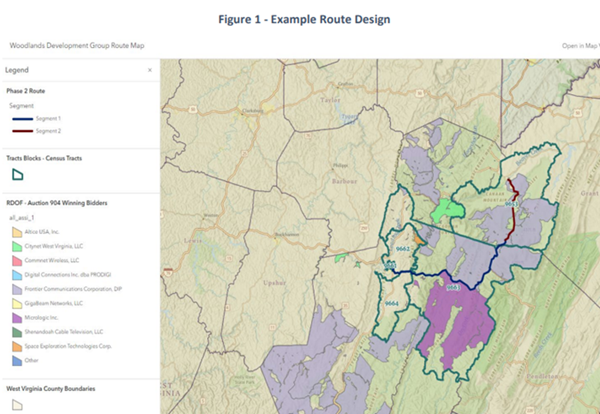Wired for Good: Exploring Rural Connectivity in West Virginia - Episode 597 of the Community Broadband Bits Podcast

In this latest episode of the podcast, Chris is joined by Derek Barr, Assistant General Manager at Hardy Telecommunications in West Virginia. Together, they delve into the intricate world of nonprofit cooperatives, focusing on the journey of Hardy Telecommunications since its inception in 1953.
Originally established to fill the service gap left by larger providers, Hardy Telecommunications has since expanded its offerings to include broadband services, becoming a lifeline for rural communities with about 6,100 access lines and nearly 5,100 broadband customers.
Derek candidly shares the rollercoaster ride of being a small provider, from wearing multiple hats to navigating the maze of regulatory changes. They explore the ripple effects of federal funding programs like the Broadband Initiatives Program (BIP) and the Rural Digital Opportunity Fund (RDOF) on their expansion efforts.
But it's not just about challenges; Chris and Derek paints a picture of hope through partnerships with counties and emphasizes the ongoing need for support and funding to keep the broadband momentum going in rural areas.
This show is 36 minutes long and can be played on this page or using the podcast app of your choice with this feed.
Transcript below.
We want your feedback and suggestions for the show: please e-mail us or leave a comment below.
Listen to other episodes here or see other podcasts from the Institute for Local Self-Reliance here.
Thanks to Arne Huseby for the music. The song is Warm Duck Shuffle and is licensed under a Creative Commons Attribution (3.0) license.



